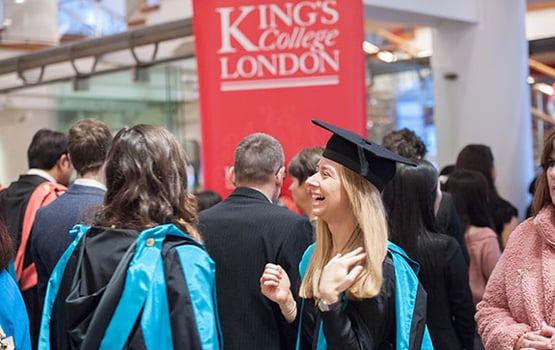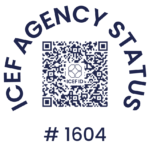This Global Political Economy MA is an interdisciplinary online programme that explores the interactions of political, economic, and social forces in a global context, and how they are transforming our world. Such forces include individual states, international organisations like the International Monetary Fund and World Bank. It also extends to transnational social movements, such as the global climate movement and mass mobilisations against authoritarian rulers.
You’ll consider and come to appreciate the extent to which the global political economy impacts and transforms our everyday world. Its consequences include, for example, economic, financial, and environmental crises, conflict poverty, inequality, and gender relations.








